SecOps
Flow Automation Highlights
Advisory Collection from Palo Alto: Mindflow automates the collection of security advisories from Palo Alto Advanced Threat Prevention. Traditionally, monitoring for these advisories requires continuous manual oversight, which is labor-intensive and prone to delays. Automation allows for real-time data retrieval, ensuring that potential threats are identified and addressed without delay, significantly increasing the speed and accuracy of threat detection.
Advisory Deduplication and Processing: Mindflow automates the deduplication and processing of received advisories, tasks that are often manually intensive and error-prone. This automation not only reduces the workload on security teams but also ensures that only unique and relevant advisories are considered for further action, thus optimizing resource utilization and reducing the chance of oversight.
Incident Ticket Creation in Jira: By integrating with Atlassian Jira, Mindflow automates the creation of incident tickets based on the advisories detected. Manually, this involves data entry and could lead to delays or inaccuracies in logging incidents. Automation ensures that every detected advisory is promptly and accurately logged as an issue in Jira, improving response times and ensuring all team members are aligned and informed about the current threat landscape.
Orchestration Toolbox
Palo Alto Advanced Threat Prevention: In this use case, Palo Alto Advanced Threat Prevention serves as the primary source for security advisories. It scans for potential threats and issues advisories when a threat is detected, initiating the automated workflow. This tool ensures that all relevant threats are identified swiftly, providing the foundational data needed for further automation steps.
Atlassian Jira: Jira is utilized to manage the incidents arising from the advisories detected by Palo Alto. Once an advisory is processed and deemed critical, Jira automatically generates a ticket for the issue. This helps in organizing the response efforts, tracking the status of each threat, and documenting all actions taken, which replaces manual entry and follow-up, thereby improving the efficiency and traceability of security management.











